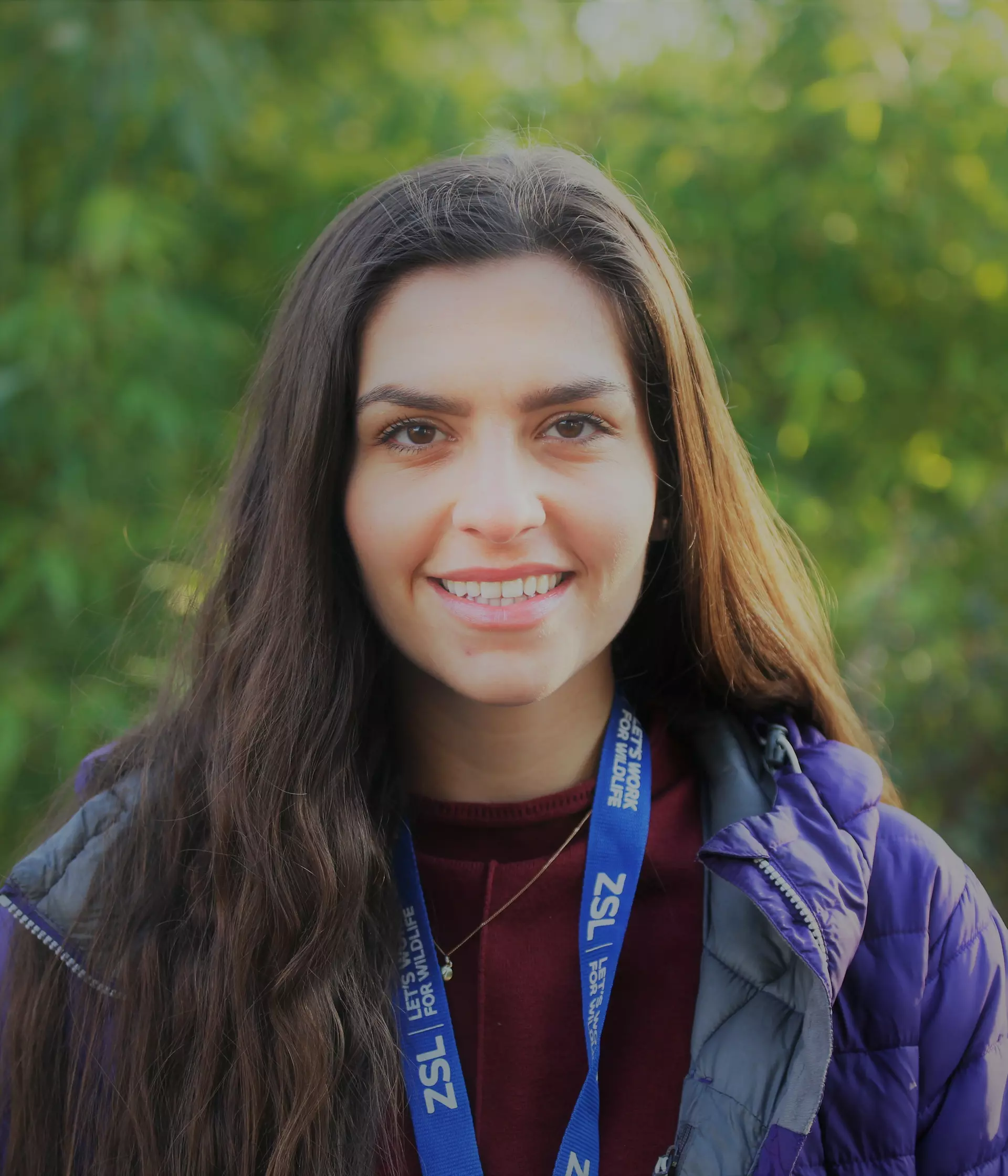Translocations
Endangered species
Risk assessments
Disease risk analysis
Zoological Society of London
London
NW 14RY
United Kingdom
Phone: +44 02074496491
For more information about ZSL's work with threatened and endangered species, please contact the DRAHS team at drahs@zsl.org.
Georgina Gerard's work aims to analyse, assess and reduce the risk of disease during a conservation translocation so that translocations can be carried out more effectively.
We use disease risk analyses (DRAs), disease risk management protocols (DRMs) and post-release health surveillance (PRHS) to gather data on conservation translocations and increase our understanding of the threat of disease to translocated and free-living populations. Georgina works both on the disease risk analysis prior to a translocation, both in the UK and abroad, advises on disease risk management and conducts post-release health surveillance following a translocation.
She is specifically interested in increasing our understanding and methods of detection for non-infectious and anthropogenic risks to translocated animals such as persecution, illegal wildlife trade and environmental contaminants. She works with animals of every taxa - mammals, birds, reptiles, amphibians and invertebrates. Our evolving methods are tested on current translocation projects for conservation purposes in collaboration with Natural England - see the DRAHS page for more information on current projects.
Our vision is to generate healthy and abundant free-living wildlife populations resulting from successful conservation translocations.
Wild animal reintroductions and translocations are undertaken globally for many reasons including trade, rehabilitation, hunting and conservation, but these wild animal movements are not without risk. Disease outbreaks that occur as a result of wild animal translocations are a threat to biodiversity and other free-living wild animals, humans and domestic animals.
One driver of disease outbreaks is non-native parasite incursion and there is a need for better prediction of how and when these parasites will impact wild animal populations.
Professional Qualifications
In 2018, Georgina completed an MSc at the Zoological Society of London and Royal Veterinary College in Wild Animal Biology and focused her dissertation on the spatio-temporal patterns of mange in cheetahs in the Serengeti as an indicator of stress in relation to tourism, working alongside Prof. Sarah Durant.
Discover more about More about Disease Risk Analysis and Health Surveillance (DRAHS)
